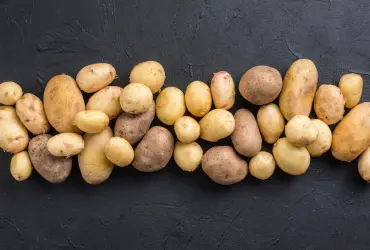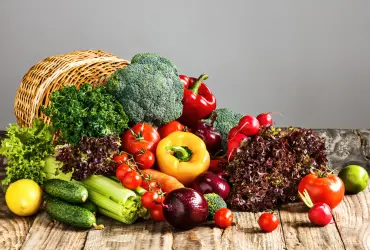Turn All Business Travel Into a Holiday
with a Team That Understands
What You Need
Upcoming Trade Shows in Germany for Agriculture

GARTEN MUNCHEN 2026, Munich, Germany
4 - 8 Mar 2026

spoga + gafa 2026, Köln, Germany
22 - 24 Jun 2026

Potato Europe 2026, Springe, Germany
9 - 10 Sep 2026

GaLaBau 2026, Nurnberg, Germany
15 - 18 Sep 2026

IPM ESSEN 2027, Essen, Germany
26 - 29 Jan 2027

FRUIT LOGISTICA 2027, Berlin, Germany
3 - 5 Feb 2027

Agritechnica 2027, Hannover, Germany
14 - 20 Nov 2027
Germany is regarded as the third largest agricultural producer, importer and exporter in the EU. Agricultural production in Germany is shaped by its varied landscapes. Grains like wheat, barley, corn (maize) and sugar beets thrive in areas of high natural fertility. Meanwhile, the North German Plain and the Central German Uplands, characterized by poorer soils, traditionally cultivated rye, oats, potatoes, and fodder beets.
Technological advancements have reshaped the very structure of the industry as previously limited regions now allow for wider cultivation. For instance, sugar beets, once restricted to deep fertile soils, can now be easily grown across the country. Lighter soils gained value due to their suitability for machine cultivation, leading to the widespread growth of fodder corn on the North German Plain – impossible in the previous century.
Cereal cultivation and permanent pasture are the predominant land uses, providing crucial sources of animal feed. Dairying, which was historically concentrated in regions with mild climates, has now become widespread. But there are not only positives to the issues at hand.
The warming climate poses challenges to Germany's agricultural industry. In the southwest wine-growing regions, warming trends since at least 1988 have led to a decline in the production of ice wine, a product highly susceptible to temperature increases. In 2019, almost no ice wine was produced due to the lack of sufficiently cold days.
Notably, the state of Mecklenburg-Western Pomerania is particularly vulnerable to the changes in climate given its location and dependency on its agricultural sector to fund its local economy. The lasting impacts of climate change on agriculture are only now becoming evident, and farmers and larger agri-businesses are already working towards sustainable practices.
As Germany navigates a rapidly changing climate and adapts to evolving agricultural practices, the agricultural sector remains an essential element of the country’s economy.
GET A FREE QUOTE
Looking for a hotel accommodation for particular trade show or exhibition.
Send us a general enquiry and we will find the best options for you
Send us a general enquiry and we will find the best options for you